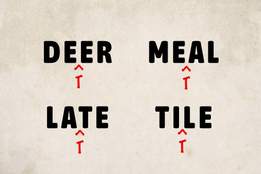grimmer; grimmest
1
: fierce in disposition or action : savage
grim wolves
2
3
: ghastly, repellent, or sinister in character
a grim tale
4
: unflinching, unyielding
grim determination
grimly
adverb
grimness
noun
Love words? Need even more definitions?
Merriam-Webster unabridged











Share